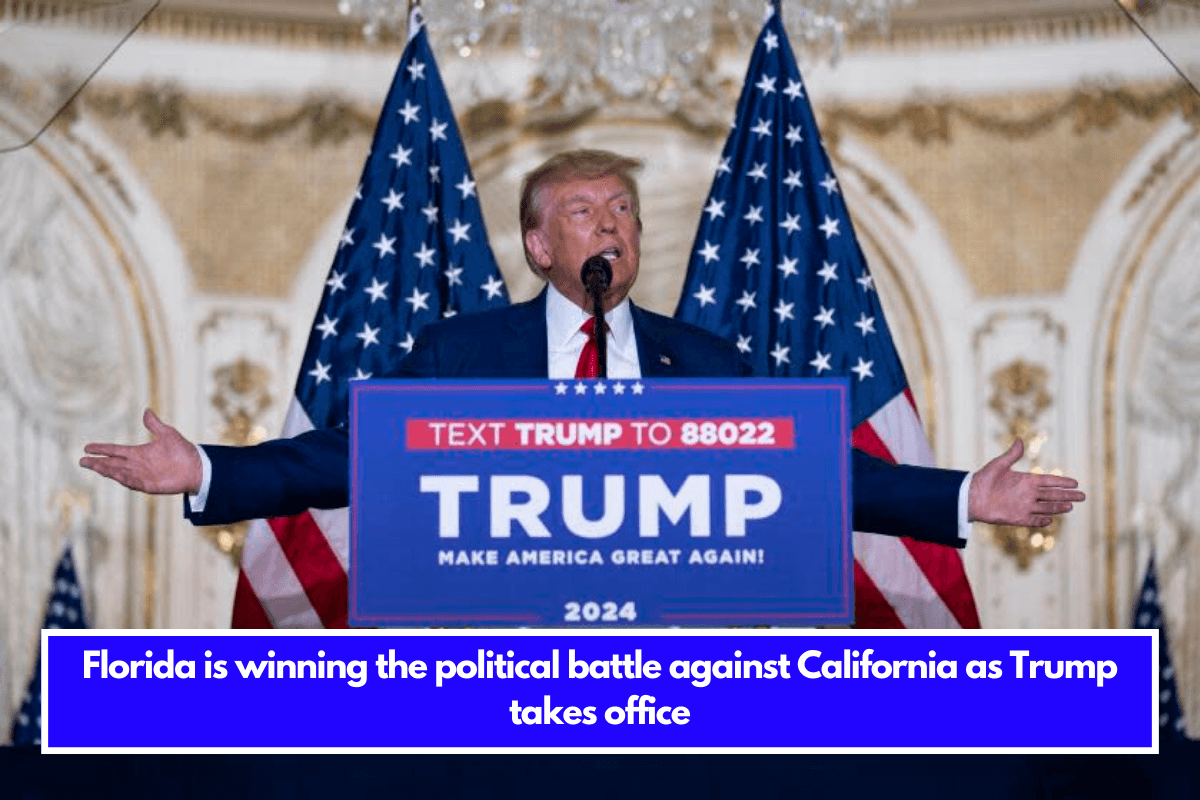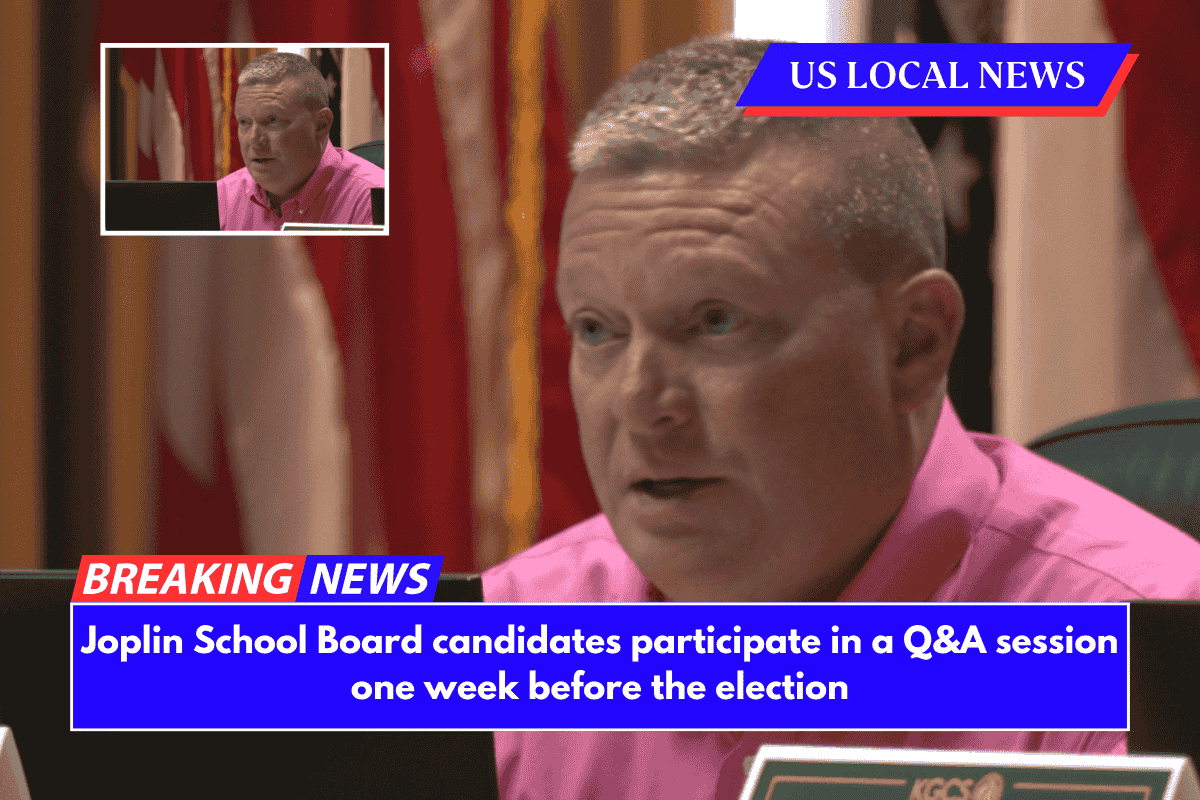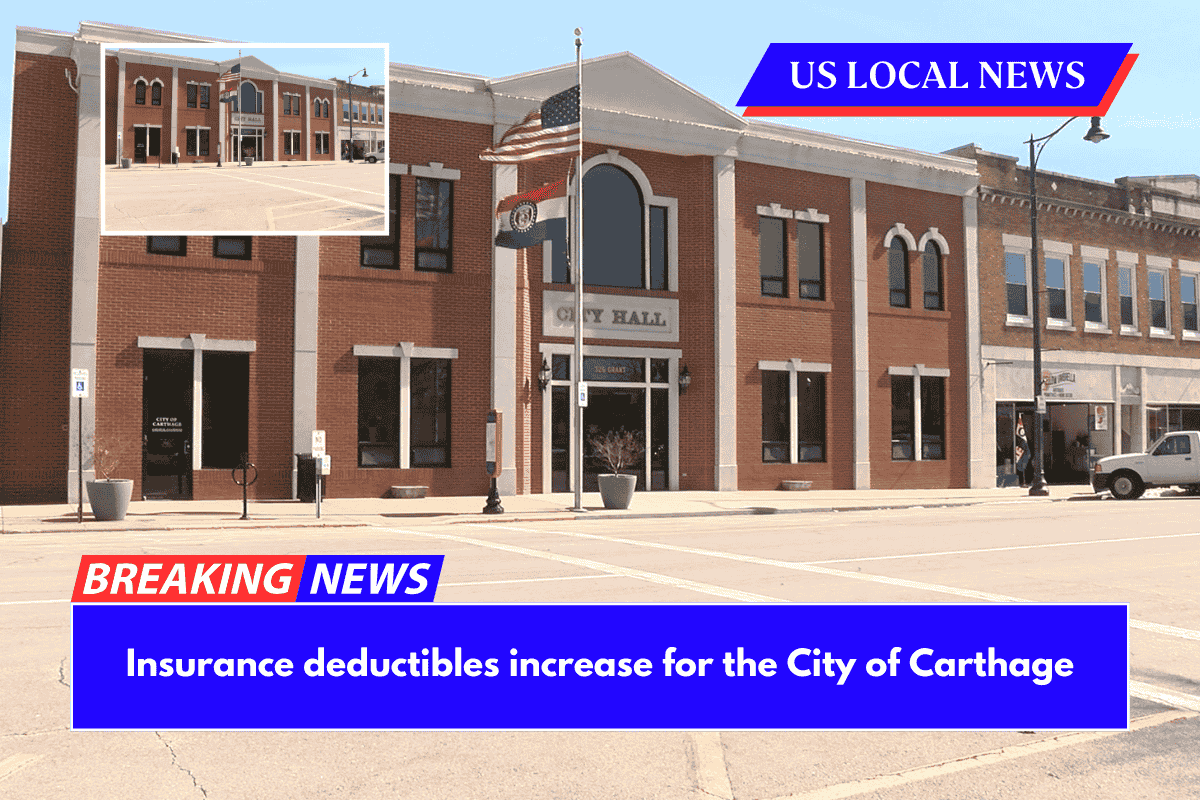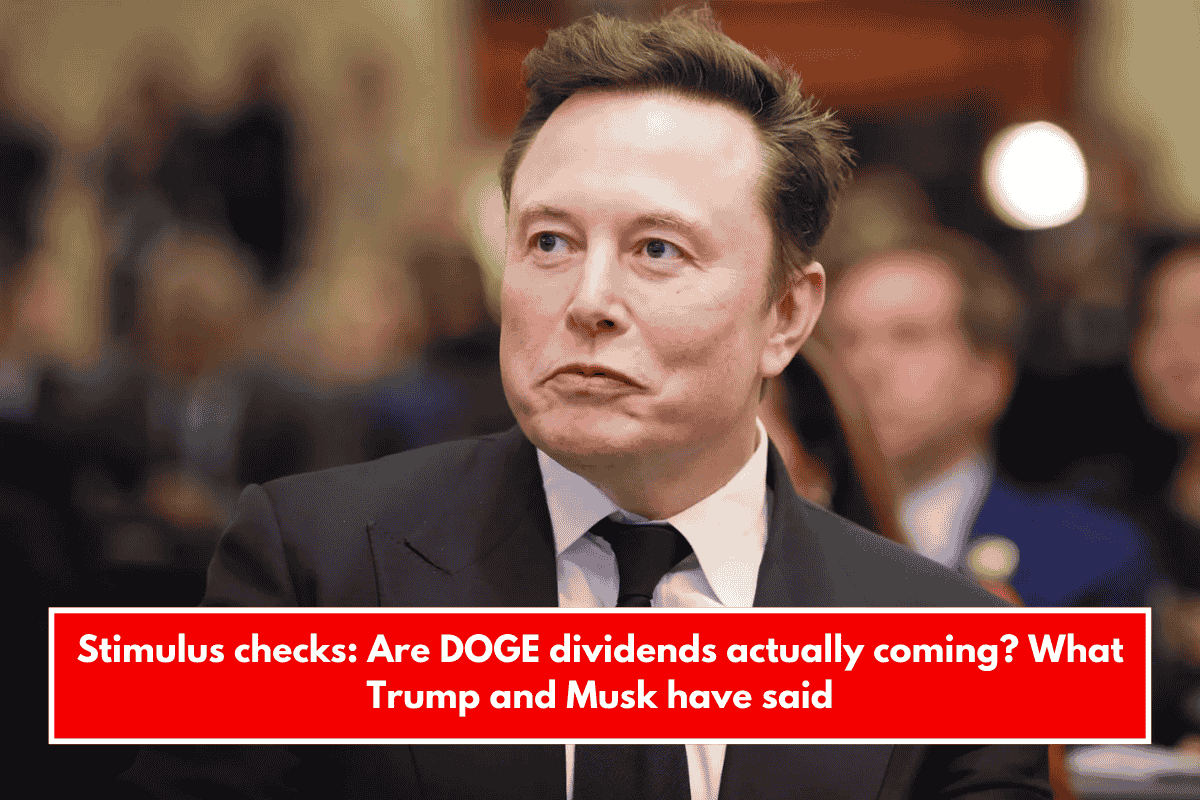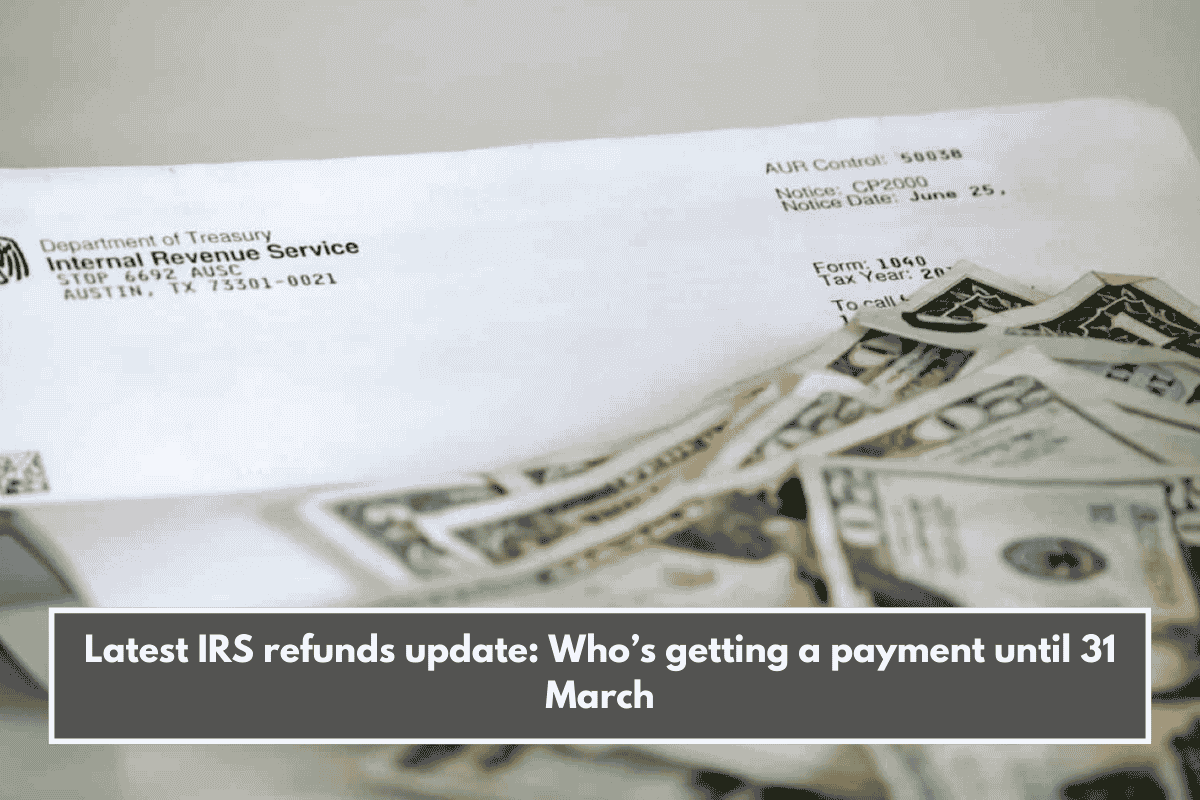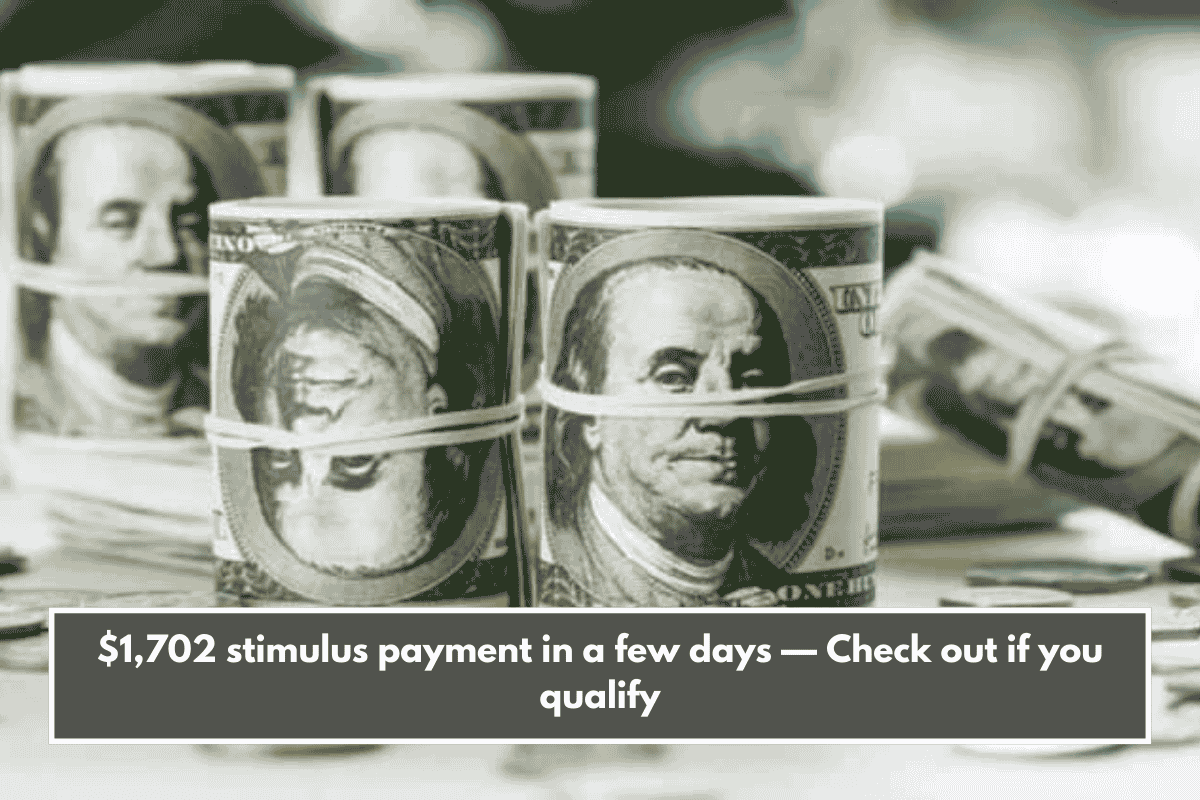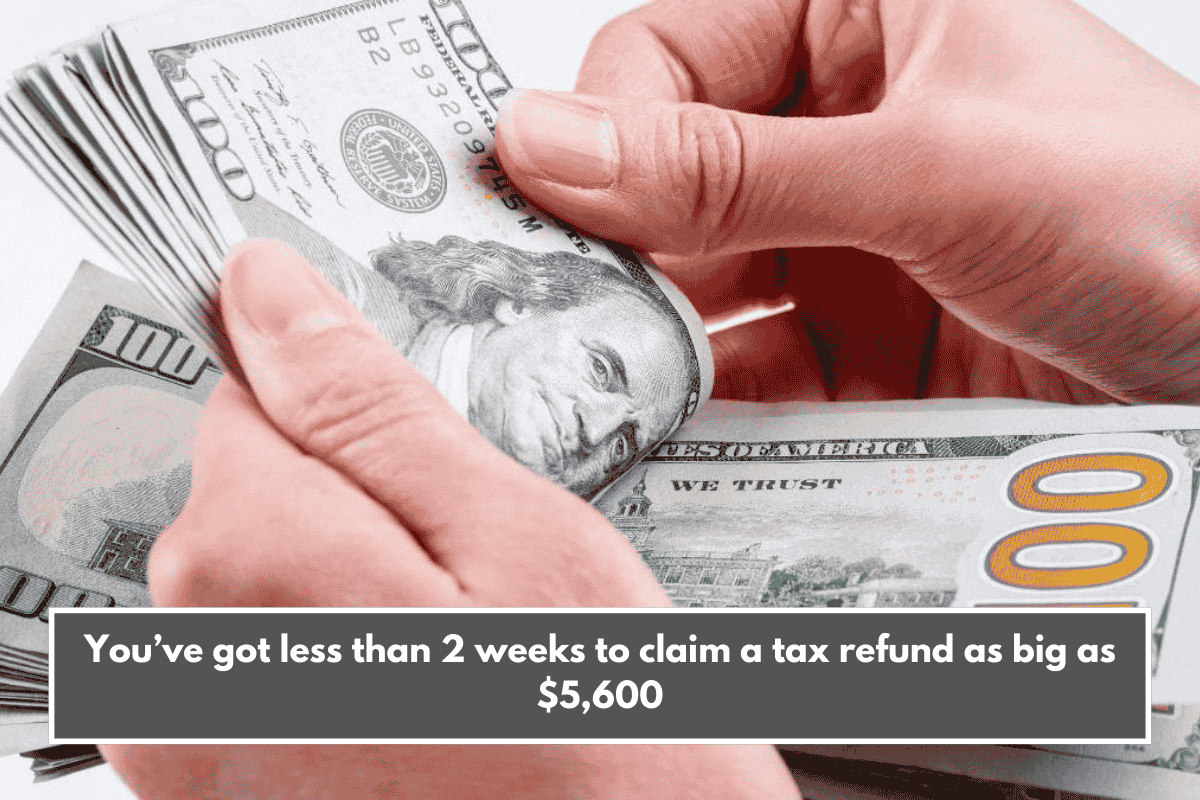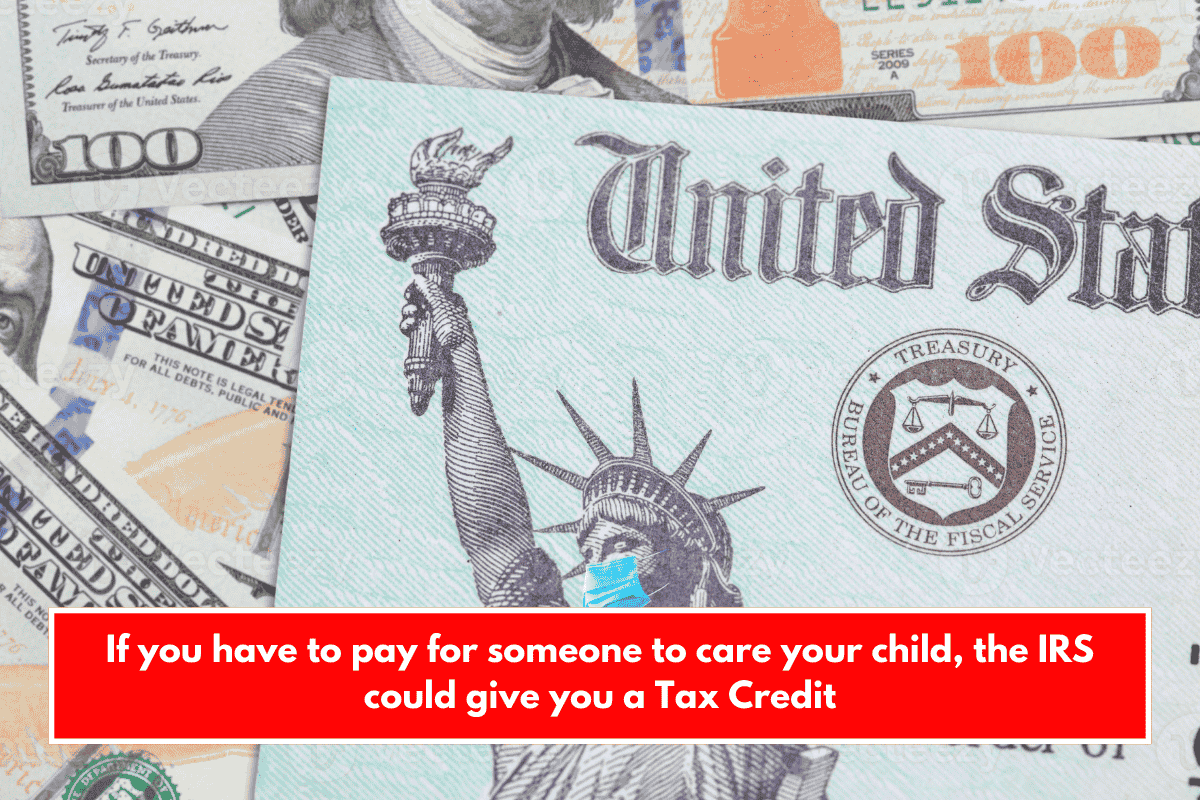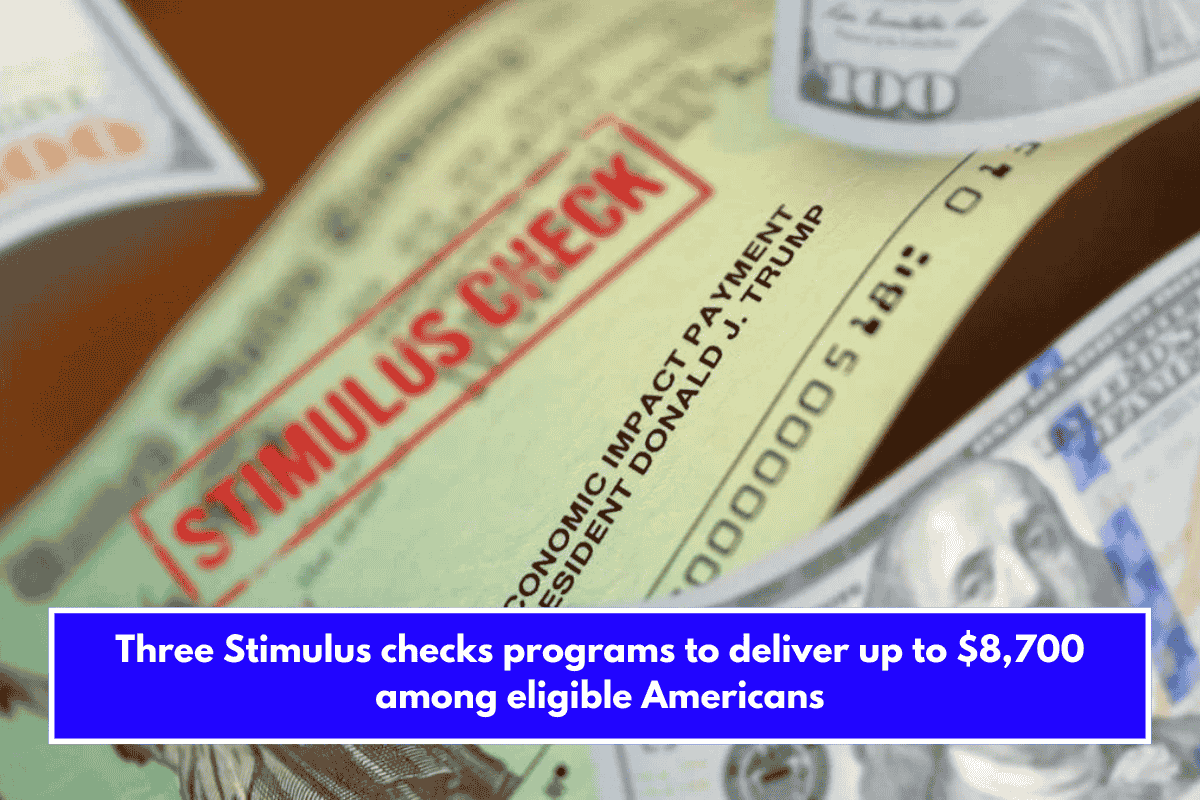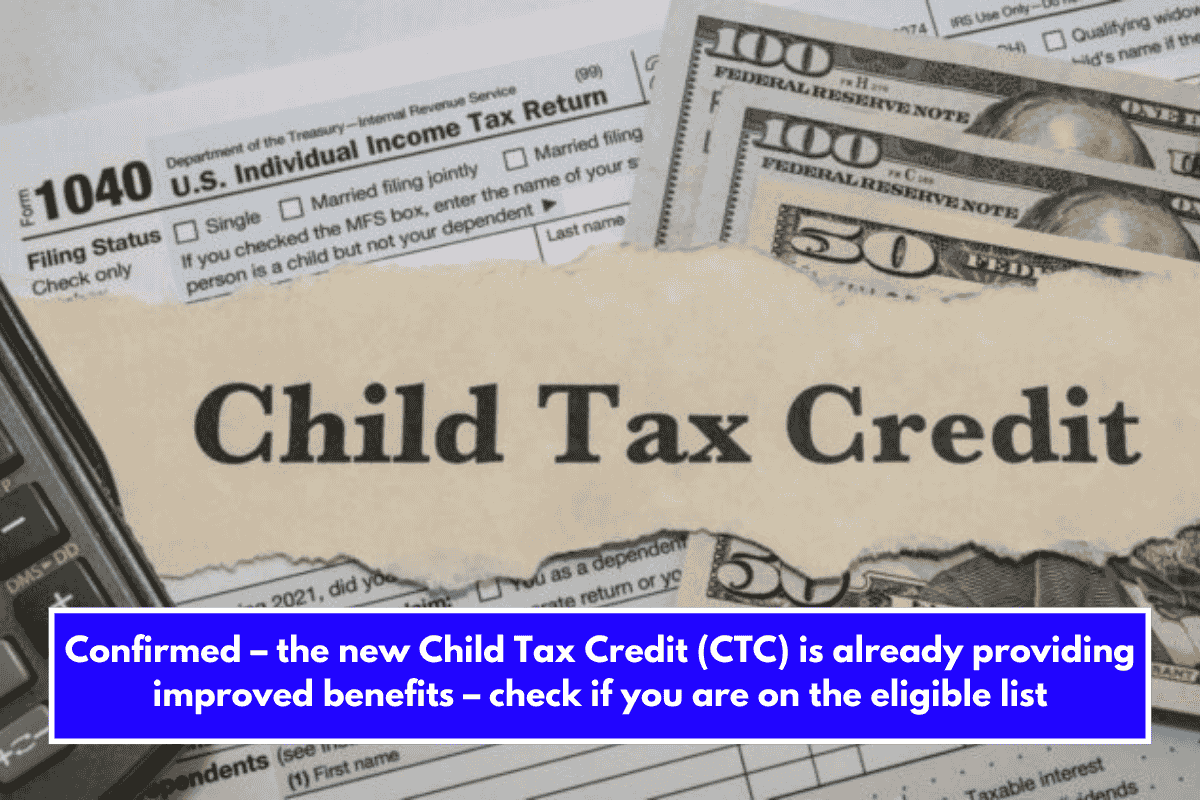The competition between California and Florida reached a climax in November 2023, when Gov. Gavin Newsom, a Democrat, debated Florida Gov. Ron DeSantis, a Republican, on Fox News about which state provided a better model for the country.
Thirteen months later, DeSantis has exited the national stage after a failed presidential campaign. However, his state is winning the political battle.
The country under President-elect Donald Trump would resemble Trump’s adopted home state of Florida, after he defeated Vice President Kamala Harris by portraying her as an out-of-touch California leftist.
Trump is filling his cabinet with Floridians. And his ambitions to overturn California’s environmental, crime, homelessness, and education policies are facing far less opposition than they did during his first term, given to the state’s dwindling clout in Congress and a weakened system of balances on Trump’s power.
“These are all folks born and raised in our state and are going to show America our type of leadership,” said Brian Ballard, a powerful Florida lobbyist and Republican fundraiser whose firm previously employed Trump’s incoming chief of staff, Susie Wiles, and still employs his nominee for attorney general, Pam Bondi, Florida’s former attorney general.
(Ballard’s enlarged footprint now includes offices in Washington and West Los Angeles, which opened two years ago, indicating the state’s encroachment.)
Other high-ranking Floridians who are likely to be in Trump’s inner circle include Sen. Marco Rubio, Trump’s nominee for Secretary of State, and Rep. Mike Waltz, his nominee for National Security Advisor.
Elon Musk and Stephen Miller, two key members of Trump’s inner circle with California links, are harsh critics of the state’s economic and immigration policies, which they have promised to help Trump alter.
Their combined efforts are expected to reignite fights that began eight years ago during Trump’s first term, when he sought to halt California’s policies providing sanctuary for illegal immigrants, reduce its authority to set environmental policies such as automobile fuel standards, change water policy to benefit farmers, and suspend aid after wildfires.
Many of his efforts were stymied by regulators, advisors who sought methods to persuade him otherwise, judges, and former Speaker Nancy Pelosi, the San Francisco Democrat who proved his most powerful opponent.
Democratic attorneys general launched a record 155 lawsuits against the first Trump administration, winning 83% of the cases, according to Paul Nolette, a political science professor at Marquette University. California was involved in over 100 similar litigation.
But Trump has chosen staffers for his second term who are less likely to oppose his objectives. The Supreme Court has become more subservient to Trump, who chose three of its nine justices. And Pelosi no longer leads her party, as Republicans took control of both the House and the Senate in last month’s election.
California Democrats’ strongest defense appears to be Republican disarray, as seen by the party’s failure to pass a plan in the GOP-controlled House last week that would prevent a government shutdown.
Trump, for his part, has vowed to fight the state on a variety of fronts, including its homeless policies, opposition to a border wall, an electric car mandate, and plans to begin mass deportations that would disproportionately affect California, the nation’s largest Latino population.
Newsom, who denied an interview request, has pledged to continue fighting Trump’s policies, but without what he calls “a resistance brand” that marked his previous confrontations. Other Democrats have approached Trump’s second term with more conciliatory rhetoric, as the party struggles to agree on a strategy.
Former Senator Barbara Boxer, a Democrat who helped define the party’s liberal side for decades, believes Trump will spark a reaction by overreaching.
“Bring it on,” she replied.
“People just decided they weren’t feeling happy about things,” she informed me. “They didn’t vote on the issues that are now going to hit them in the face,” she added, listing a list of policies proposed by Trump’s friends that may result in workers losing overtime and residents losing access to clean air.
Even if Trump’s ideas benefit Democrats politically, they could have a significant impact on Californians.
Attorney General Rob Bonta, who began drafting prospective cases months before the election, said he expected to fight the next administration on immigration, climate, reproductive rights, gun safety, democratic issues, and civil rights.
He acknowledged the Supreme Court’s rightward shift, but noted that most judgments are decided by trial and circuit court justices.
“We can and will prevail, and we have prevailed in front of the U.S. Supreme Court,” he indicated.
Bonta, who is considering running for governor in 2026, claimed that voters chose Trump the man — narrowly — over a particular state’s governance model.
“What about the Florida model?” “You mean Matt Gaetz, DeSantis, or Pam Bondi?” he asked, referring to the former House member who withdrew from consideration for attorney general due to allegations of sexual misconduct with minors, as well as the governor and current attorney general nominee.
“I do not believe they are a model for our country’s future.
What else distinguishes the Florida model? “Don’t say gay” – isn’t it completely restrictive and discriminatory? A structured program that transports immigrants throughout the country as political pawns?
But Bonta and other Democrats admit the party just lost an election, and that Trump, despite losing California by 20 percentage points, gained around 10 percentage points over his 2016 and 2020 margins in the state.
Much of that growth came from the state’s Latino population, which represents a sizable percentage of Democrats’ traditional working-class base.
“It all revolves around affordability. When housing expenses are taken into account, California is the least affordable state,” said Mike Madrid, an anti-Trump Republican pollster who conducted post-election surveys of Latino voters and has been tracking their changing opinions for decades.
“The concept of California values refers to cultural issues. It fundamentally ignores economic considerations.
Madrid cited Newsom’s plan to phase out sales of new gas-powered vehicles by 2035 as an example of a policy that does not resonate with working-class voters.
Most Latinos in the state must live further away from their work due to high housing costs and pay more for petrol, yet many cannot afford a new EV or take advantage of a Biden government subsidy.
The majority of their income goes toward housing expenditures, which have risen in part due to pricey building rules.
According to new census estimates released on Thursday, California would gain 232,570 persons between 2023 and 2024, following decreases during the epidemic.
However, the state lost more residents (239,575) to other regions of the country than any other state, with the only growth coming from immigrants from foreign countries, according to the most recent statistics.
Florida saw one of the highest population gains, with 467,347 new residents, including both immigrants and domestic migrants.
California’s long-struggling Republicans are ecstatic as they promise to collaborate with Trump to demolish Democratic-led initiatives and environmental laws.
Rep. Vince Fong, a Bakersfield Republican who was elected to succeed former Republican Speaker Kevin McCarthy earlier this year, said he will file legislation to halt funding for California’s high-speed rail project and work with Trump to build a border wall in the state, blaming a porous border for allowing fentanyl smuggling from China.
In an interview, he extolled Florida as a better model for business, regulation, environmental policy, and housing pricing, and he acknowledged the state’s national importance.
“It’s ironic to me that Gov. Newsom and the Democrats in the state Legislature are now concerned about affordability,” he explained. “You hear them talking about it, but it’s their policies.”
He accused Newsom of waging war against Florida and the Trump administration for personal benefit.
“He is trying to elevate himself for his own political purposes and at the expense of Californians,” the congressman claimed.
According to Newsom’s administration, the state continues to have the world’s fifth largest economy while ranking top in new business launches and private sector jobs. According to spokesperson Brandon Richards, Newsom is visiting the state to increase economic opportunity.
Many of the country’s most powerful corporate leaders, however, are making their own pilgrimages to Trump’s Florida property.

